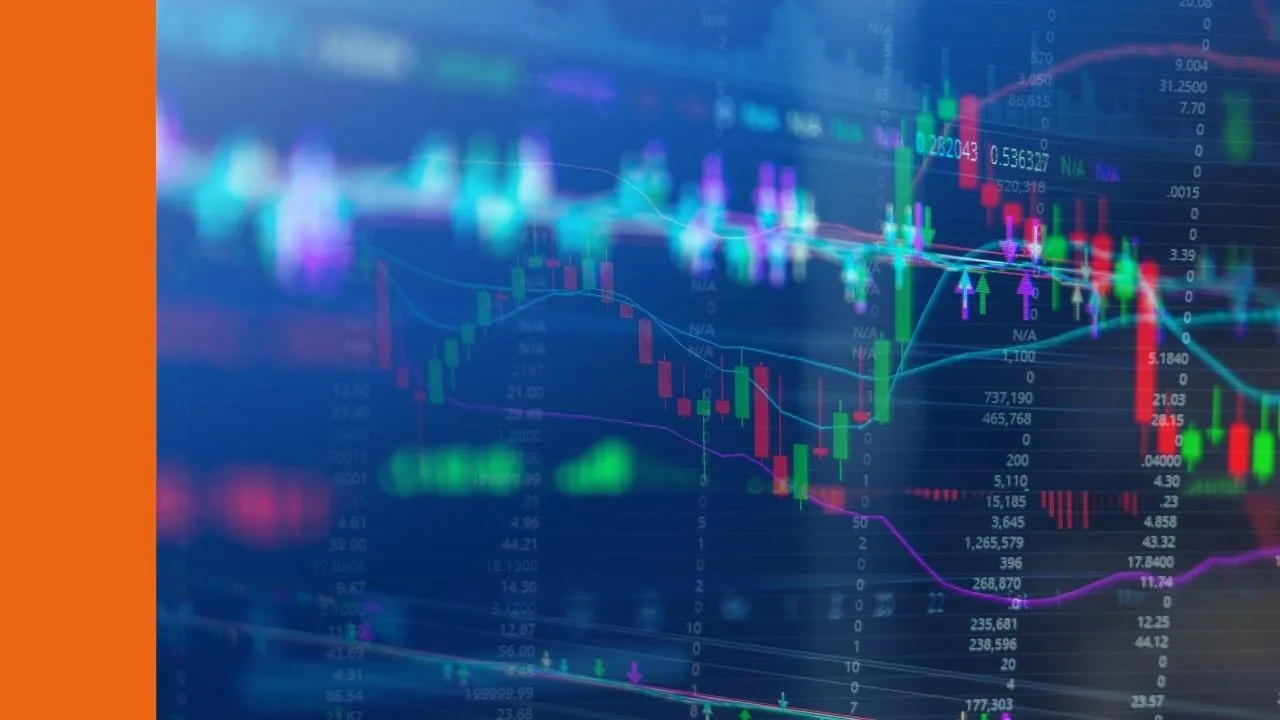Rio Tinto Limited (ASX: RIO) this morning released an announcement detailing the damage done by Cyclone Veronica to its Cape Lambert A port facility.
Cyclone Veronica hit Western Australia’s north-west coast about a week ago, causing damage and halting operations at Cape Lambert A facility.
As a result, Rio Tinto has declared force majeure on some of their existing contracts, a move designed to shield a company from potential legal action when they cannot complete a contract due to unforeseen circumstances.
This is the second setback this year for Rio Tinto at the same facility, after it caught fire in January. That fire resulted in Rio Tinto being unable to meet commitments to some customers.
Rio Tinto said in the announcement that the combined effects of the fire and the cyclone would be a loss of approximately 14 million tonnes of production in 2019.
“As a result, Rio Tinto’s Pilbara shipments in 2019 are expected to be at the lower end of the 338 and 350 million tonnes (100 per cent basis) guidance provided”, the company said.
“Safety remains our top priority as we ramp up operations, and undertake the necessary remediation work, following the passing of the cyclone”.
The Rio Tinto share price has been climbing steadily since March 20, despite news of the cyclone.
What Now?
Although it was already known that they had declared force majeure, the news of lowered guidance could still surprise some investors. A loss of 14 million tonnes of production is a loss of about 4% based on low-end guidance. This will have a significant on FY19 revenue.
I discussed the differences between Rio Tinto and BHP Group Ltd (ASX: BHP) earlier in March and said that buying them could lower risks associated with resources companies.
This cyclone serves as an example that any mining company can be heavily impacted by unforeseen circumstances at any time. As an investor, you should always look to lower this risk by diversifying investments across sectors, perhaps by using an ETF.
[ls_content_block id=”14948″ para=”paragraphs”]
Disclaimer: At the time of writing, Max does not own shares in any of the companies mentioned.








